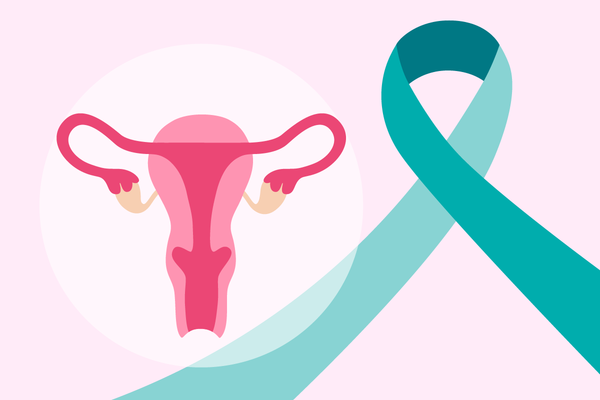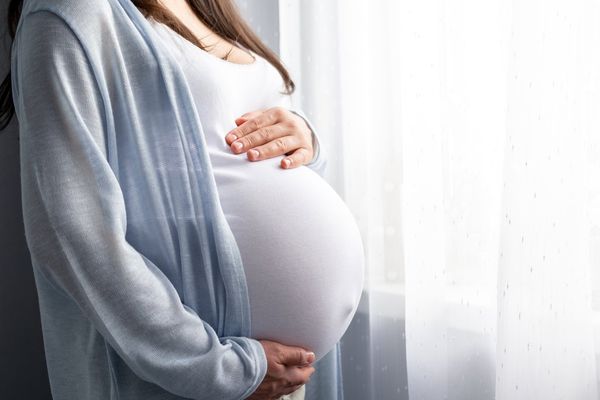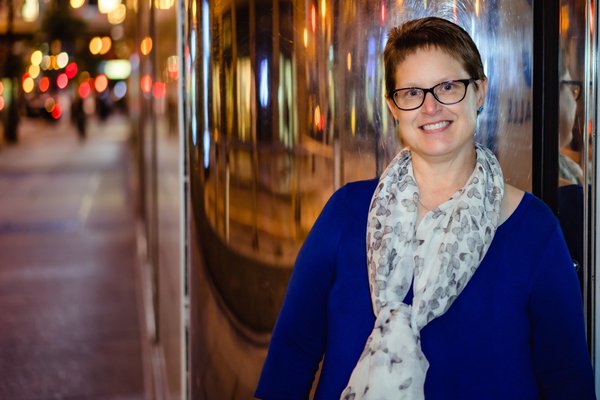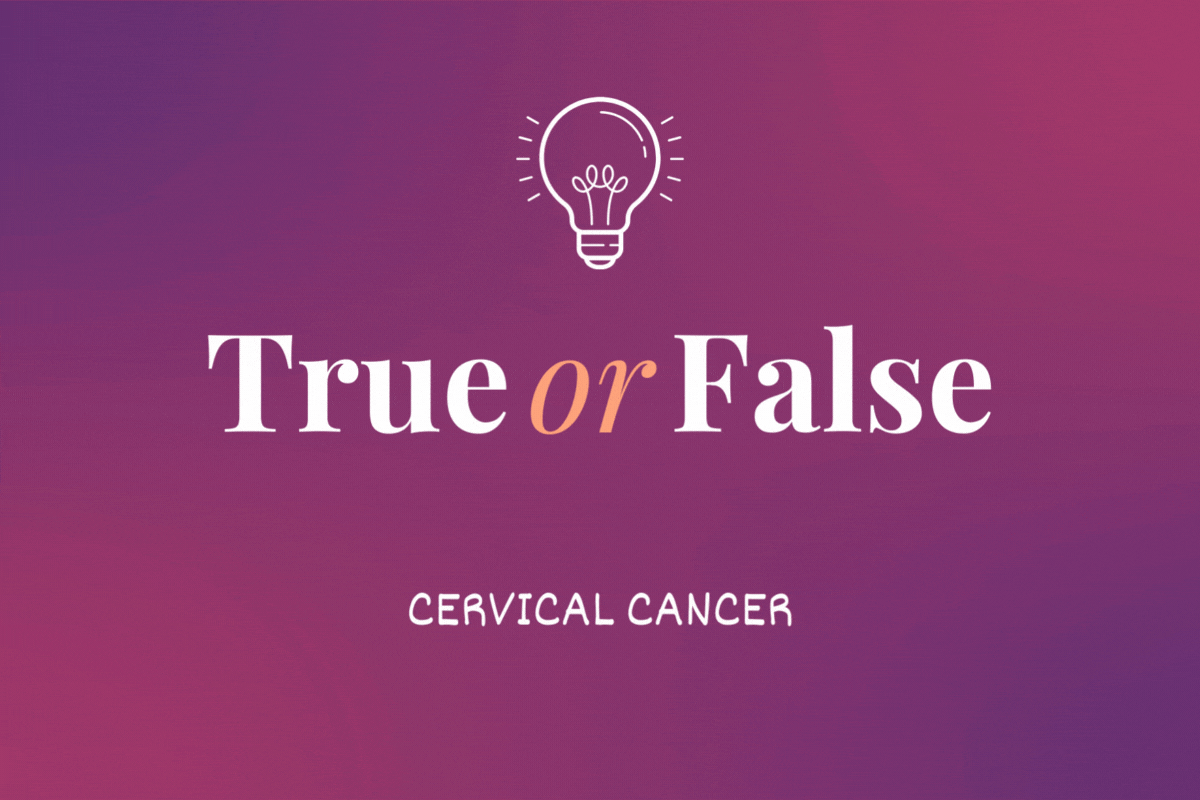By Todja Taylor
My story began in 2005 when my husband and I were trying to have a baby. We went to a fertility clinic and, after several tests, the clinic suggested that I visit my OB/GYN. I immediately scheduled an appointment. After the appointment, the doctor informed me that I had HPV and that he was referring me to a specialist for further testing. Not knowing what HPV was, I did some research on the Internet, and what I found out rocked my world.
The time came to meet with the oncologist/gynecologist, and he talked to me about HPV. He told me that certain types of HPV cause cervical cancer and that he was going to do a cone biopsy to determine if I had cervical cancer. After the biopsy was completed, the oncologist informed me that I had adenocarcinoma in-situ 2 (a malignant growth in the lining of the cervix that is a precursor to a type of invasive cervical cancer). The oncologist wanted to complete another biopsy to determine how much of the cervix had cancer on it. The second biopsy was completed, and the oncologist told me that all of the cancer was removed but I still had some precancerous cells. He said I should consider getting a partial hysterectomy.
It was like I did not hear anything else the doctor was saying to me; my mind went blank and everything around me was at a standstill. I could not remember my husband driving home or me sitting at the kitchen table. My family was talking to me, but I could not remember what they were saying. After a couple of days, I began focusing on what I had to do. I began talking to my family about whether I should have the partial hysterectomy or continue to try to conceive a child with the help of the fertility clinic.
When you reach adulthood, you begin to think about how you want your life to be. I thought that you graduate college, start a career, get married and have a baby. It took me a while to realize that I would not be able to bring a life into this world. I finally decided to get the partial hysterectomy. The oncologist and his staff were always compassionate and helped me connect with women who had gone through what I was going through.
After the hysterectomy, I began going to meetings and realizing that there is life after cancer. I started to feel good again and my smile came back. I stopped wasting time thinking about what could have been. My faith would not let me just drown in sorrows. I began talking to my nieces, cousins and sisters-in-law about getting tested for HPV. I informed them that if their OB/GYNs were just doing pelvic exams, then they should request the HPV test [recommended for women 30 and over]. I was helping to educate people who did not know about HPV and did not know that certain types cause cancer.
I still go for regular checkups, which include a pelvic exam and CT scans. I continue to remain cancer free. My advice is for women to get tested, and if you get an abnormal test result, don't feel like it is the end of the world. Life can go on. Talk to your family or close friends about your options—don't try to handle it on your own. Get the help that you need, and remember that no woman should die from cervical cancer. Believe that help is there for you.
I was inspired to write my story, and I hope that it brought some inspiration to your life. My name is Todja Taylor, and I am a cervical cancer survivor.
- Understanding Your HPV Type and the Risks That Go With It ›
- Ending the Stigma Around Cancers Caused by HPV ›
- HPV, Cervical Cancer and Cervical Cancer Screening: What Do You Need to Know? ›
- A Conversation About HPV & Cervical Cancer Screening ›
- Why Are More Women Being Diagnosed with Cervical Cancer Later? ›
- Planned Parenthood Saved Me From Cervical Cancer - HealthyWomen ›
- Planned Parenthood Saved Me From Cervical Cancer - HealthyWomen ›
- My Vaginal Bleeding Was Cervical Cancer - HealthyWomen ›





